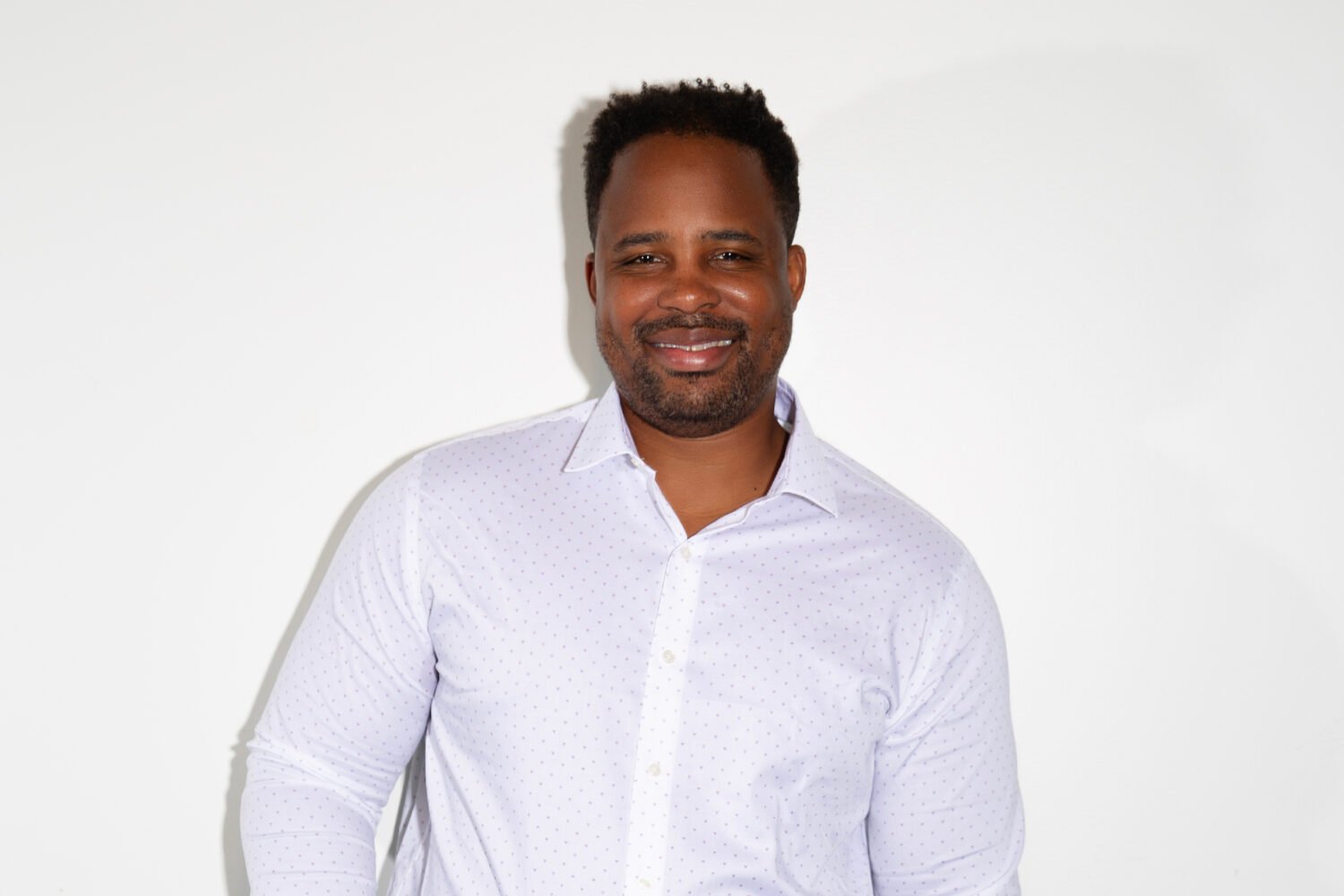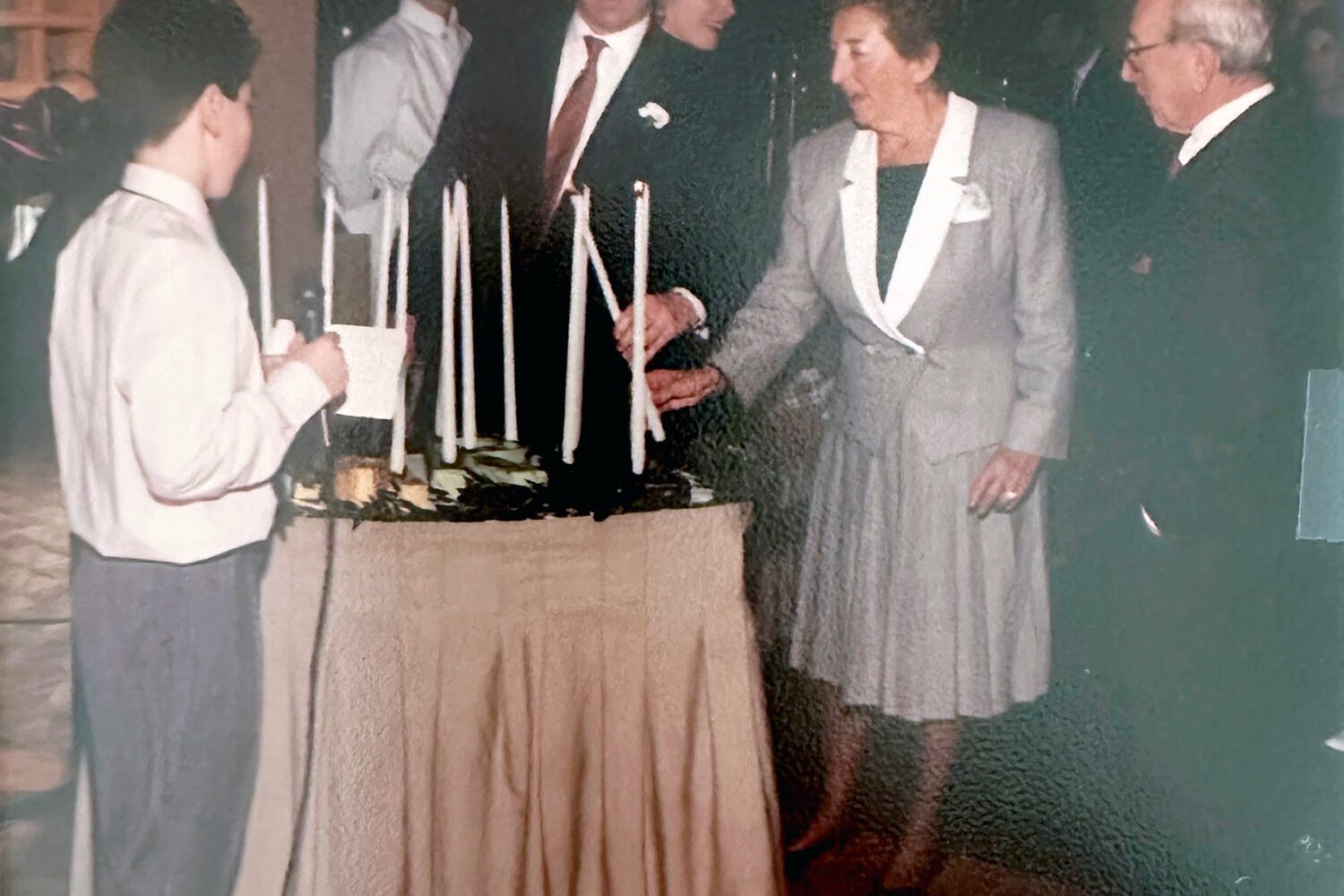At a going away party for dozens of Washington Post journalists last Wednesday evening, the veteran political correspondent Dan Balz gave a toast in the newspaper’s offices. Post staffers had become so used to fielding questions about tumult at the paper that it sometimes felt like people were overlooking the great scoops they were still getting.
“Stop reading about the Washington Post,” Balz said he wanted to remind the DC media world, “and just read the Washington Post.”
But Balz, 79, was heading out the door, bound for semi-retirement. He had taken a buyout offer like dozens of his colleagues. The exodus of staff began as a trickle early this year and grew to a steady flow last week as the paper’s beleaguered staff approached their July 31 deadline for making final decisions on the buyout offer.
Current and former Post journalists feel conflicted about what this moment represents— a bittersweet group retirement party that gives younger reporters an opportunity for growth, or an exodus that hollows out the heart of the paper and leaves it directionless.
“The mood inside the paper is: it hurts because we’re losing people who are skilled and we love them,” one current Post journalist says, “and that there are new opportunities here for a new generation that is ready for them.” Some reporters remain outspoken in their commitment to the Post. Technology reporter Joseph Menn wrote on Bluesky that there’s “nowhere else I’d rather work” and that the Post is an “unflinching source of truth.”
“The Post still has a ton of talent, including numerous prize-winning journalists,” says military reporter Dan LaMothe. “Those of us who remain are determined to keep delivering the news.”
All told, at least 60 Post journalists took buyouts this year, according to the Washington Post Guild. The list includes columnists David von Drehle and Catherine Rampell, media critic Erik Wemple, features editor Hank Stuever, business editor Lori Montgomery, Fact Checker columnist Glenn Kessler, sports columnist Sally Jenkins, obits editor Adam Bernstein, and TikTok guy Dave Jorgenson. High up on the masthead, Ann Gerhart, Krissah Thompson, Monica Norton, and Scott Vance all took buyouts. Some defectors have landed on their feet at the New York Times and, especially, the Atlantic. Others will retire or are taking time off.
“I think this is the most spectacular departure of journalistic talent from a newspaper since the New York Herald Tribune folded in 1966,” says Jack Shafer, a longtime DC media critic. “It is an incredible sea change for the paper.”
The paper’s tumultuous last year—CEO Will Lewis attempting to suppress coverage of his involvement in the Murdoch phone hacking scandal; Bezos pulling the Post’s endorsement of Kamala Harris and re-focusing its opinion operation on “personal liberties and free markets”—has left the newsroom shellshocked and has been covered extensively in other outlets.
“Part of the issue is not necessarily that we’re falling into the abyss, it’s that we’re putting out into the world that we’re falling into the abyss,” says one Post staffer. “I shouldn’t have to go to a family barbecue and tell my aunt what’s going on with my employer. But I do.”
After all this, the buyouts feel particularly disheartening. The drumbeat of departures is a morale killer.
“To start doing the mental math in your head of the combined years of experience, to see it happen in succession like this, one after another, that’s gutting,” says another Post journalist. “It feels like the endorsement pull is what started this talent drain. Folks were leaving because they weren’t happy with how Bezos handled that, and then folks were leaving because they got better offers.”
Buyouts per se are nothing new at the Post. Going back to the days when the Graham family owned the paper, they’ve been the method of choice to make cuts while avoiding layoffs. A statement from the Post Guild pointed out that this buyout wave has hit less than half the number of staff lost in the 2023 buyouts.
“While we are always disheartened by the loss of our esteemed colleagues and decades of institutional knowledge, the Guild was encouraged to see that these buyouts were conducted in a voluntary and non-discriminatory manner and in accordance with our contract,” the Guild statement read. “The Post has never been about any one person, team or idea. The Post has always been all of us. Those who have come and gone, and those of us who choose to remain.”
Buyouts are surely more compassionate than layoffs. But their larger rewards for more senior staff mean that they encourage more experienced employees to leave. With them go years of trusted sources, institutional knowledge, and prestige.
The latest round of buyouts, according to Lewis, were intended to give an off-ramp to writers who didn’t “feel aligned with the company’s plan” to reshape its opinion coverage, restructure its newsroom, and embrace AI. In this case, buyout offers were available to everyone on the Video team, Opinion, and News and Sports copy desks—those with less than five years of service got three months’ base pay, with that time increasing for longer careers at the Post.
In the rest of the newsroom, only those with more than ten years on staff were eligible. At the lowest career level, staffers were offered nine months’ pay; those who’d been at the Post for more than 20 years were looking at 18 months’ salary.
Some of those who could have taken a buyout and didn’t said they felt committed to the journalism they were part of and didn’t want to take their experience away from the Post. Some are saddened by, but cautiously hopeful about, the paper’s future.
“I see friends and heroes leaving,” says White House reporter Dan Diamond, who wasn’t eligible for the buyout, “but then I open the paper every morning, and there are still great stories and scoops.”
The real question, many sources told me, is how working at the Post will feel a month, two months, and six months from now. How many new journalists will the paper hire after the buyouts?
The Post’s communications department never responded to this, or any of our other questions.
















